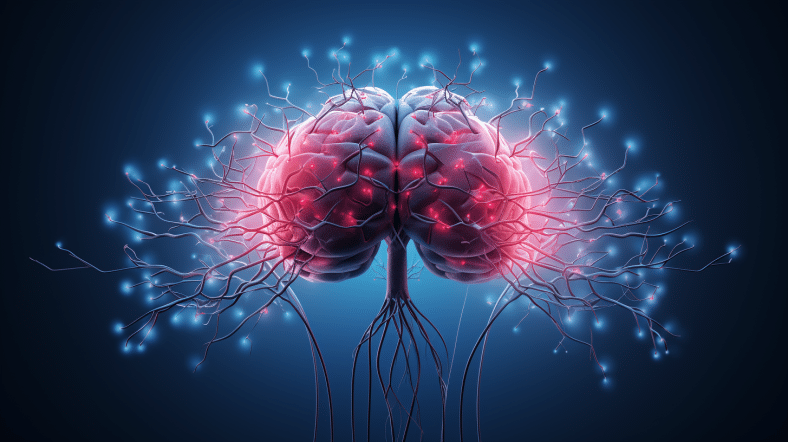Methylone for Depression & PTSD: Rapid Neuroplastic Effects & More Targeted than MDMA (2024 Study)
In the search for rapid, effective treatments for Post-Traumatic Stress Disorder (PTSD), the exploration of psychoactive compounds like methylone presents a new frontier. Unlike traditional treatments, methylone has shown promising rapid-acting, robust, and long-lasting antidepressant-like and anxiolytic effects in preclinical studies. By comparing its effects with MDMA, a well-known compound with similar therapeutic potential, researchers …



